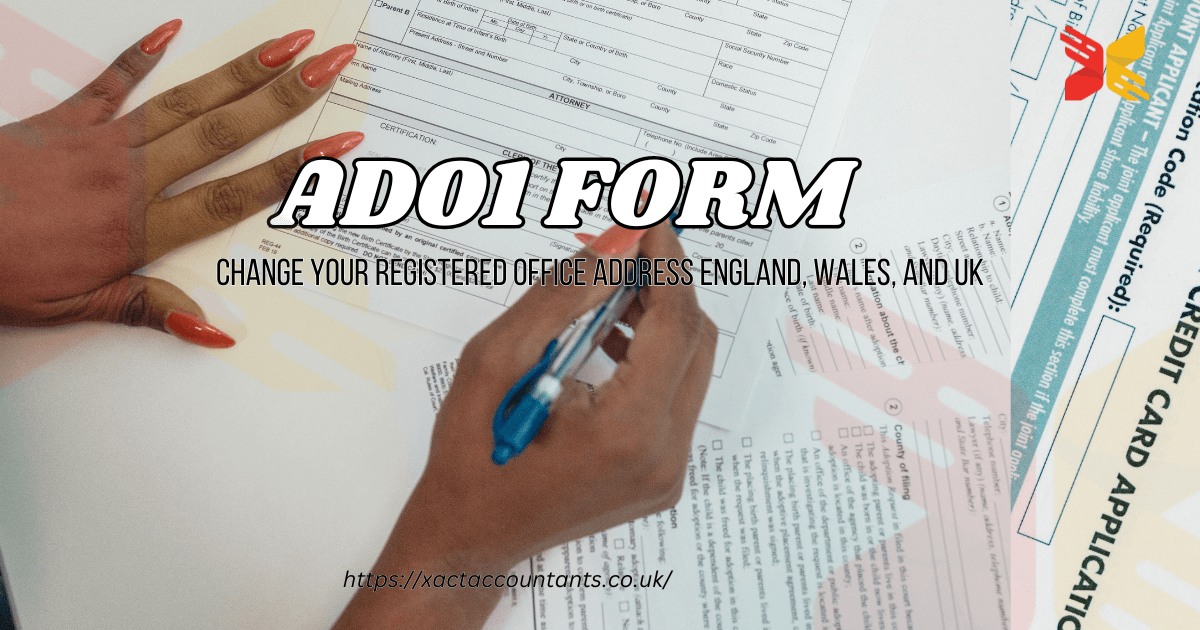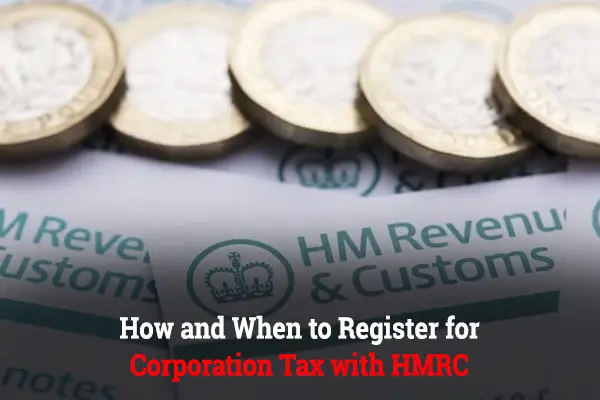What is HMRC Tax Investigation?
Tax investigations can be a daunting experience for both businesses and individuals. However, understanding what triggers an investigation, the process involved, and how to prepare can significantly reduce stress and uncertainty. This article provides a comprehensive overview of HMRC tax investigations, including the costs involved and how professional help can make a difference.
What Triggers a Tax Inspection?
According to Parkes, some 7% of tax inspections are triggered at random. The majority, however, occur when HMRC identifies potential issues.
Key Triggers for Tax Inspections:
- Mistakes in Tax Returns
Errors in submissions can attract HMRC’s attention. Ignorance is not a valid excuse, so firms must take care to submit accurate and complete returns on time. - Unusual Fluctuations in Financial Data
Significant changes in turnover or profit may raise alarm bells. HMRC looks for consistency, and any anomalies could prompt further investigation. - Missed Deadlines
Late submissions signal poor compliance, giving HMRC reason to examine records more closely. - Discrepancies in Reporting
Differences between reported figures and data from other sources can lead to scrutiny. Firms should ensure their records match submitted returns.
How to Minimize Risks:
- File Returns Accurately: Double-check all details before submission.
- Meet Deadlines: Submit returns promptly to avoid penalties and attention.
- Maintain Clear Records: Ensure all financial documents are organized and accessible.
- Monitor Financial Trends: Regularly review profit and turnover patterns for consistency.
The Investigation Process
When HMRC decides to investigate, they will notify you through a letter or phone call. The investigation can range from a simple review of specific aspects of your tax return (known as an “aspect inquiry”) to a comprehensive examination of your entire financial records (a “full inquiry”). During the investigation, HMRC may request documents such as bank statements, sales invoices, and payroll records.
Costs Involved
The costs of an HMRC tax investigation can vary depending on the complexity and duration of the investigation. On average, businesses may incur accountancy fees of around £5,000. Additionally, there may be penalties and interest on any underpaid tax.
The Three Types of Tax Investigation
Understanding the types of tax investigations can help you prepare if HMRC reviews your tax affairs. These investigations fall into three categories: random checks, aspect inquiries, and full inquiries. Each type has unique requirements and impacts.
1. Random Checks
Random checks are initiated without any specific reason. HMRC selects taxpayers randomly to verify that their tax returns and financial records comply with regulations.
If you are selected for a random check, you will need to provide basic documentation such as bank statements, receipts, and other financial records. The purpose is to confirm that the information you submitted is accurate and complete.
While random checks are less intensive than other investigations, they still require careful preparation. Ensuring your documents are organized and accurate can help you manage the process smoothly.
2. Aspect Inquiries
Aspect inquiries focus on specific areas of a tax return where HMRC suspects there may be errors or inconsistencies. These are not comprehensive investigations but instead target particular issues that need clarification.
During an aspect inquiry, HMRC may request detailed information related to the specific area in question. For example, they might ask for proof of expenses, clarification of income declarations, or explanations for unusual financial activities.
These inquiries are more detailed than random checks but remain limited to specific parts of your tax return. Responding promptly and accurately can help resolve the inquiry efficiently.
3. Full Inquiries
Full inquiries are comprehensive investigations into all aspects of your tax returns. HMRC typically initiates these when there are significant discrepancies or indications of serious issues.
In a full inquiry, you must provide extensive documentation, including personal and business accounts, expense records, and other relevant financial details. HMRC examines your entire financial situation to ensure compliance.
These inquiries are thorough and time-consuming, often requiring professional assistance to manage effectively. Preparing well and cooperating fully can reduce the stress and complexity of the process.
How likely is a tax audit or investigation?
The likelihood of facing a tax audit or investigation depends on various factors, including the accuracy of your tax filings, the nature of your financial activities, and the criteria set by tax authorities. Governments use advanced data-matching systems and algorithms to identify irregularities or unusual patterns in tax returns. While most taxpayers are not audited, certain behaviors or circumstances can increase the probability of a review. Below, we discuss the key factors that may trigger an audit and how to minimize your risk.
1. Inconsistent Income Reporting
One of the most common reasons for a tax audit is inconsistent income reporting. Tax authorities compare the income you declare on your tax return with information submitted by employers, clients, and financial institutions. If there are discrepancies, such as underreporting earnings or omitting sources of income, your return is likely to be flagged for further review. Regularly reconciling your income records with official documents, like W-2s, 1099s, or bank statements, can help you avoid issues.
2. High Deductions or Expenses
Claiming deductions or expenses that are significantly higher than the norm for your income level or industry can attract attention. For example, if you operate a small business and claim unusually large travel or entertainment expenses, tax authorities may question whether these expenses are legitimate. Ensure you have detailed receipts, invoices, and supporting documents for all claims. Proper categorization of expenses is essential to demonstrate their relevance to your work or business operations.
3. Frequent Filing Errors
Errors in tax returns are another common trigger for audits. This includes simple mistakes, such as incorrect calculations, typos in personal information, or missing entries. Even minor errors can raise red flags when processed by automated systems. To reduce the likelihood of mistakes, consider using reliable tax software or seeking the assistance of a professional tax preparer. Always review your return thoroughly before submission to ensure its accuracy.
4. Unusual Financial Activity
Significant changes in financial behavior, such as large cash transactions, rapid income fluctuations, or substantial deposits without clear explanations, may prompt tax authorities to investigate. These activities can suggest undeclared income, tax evasion, or other financial irregularities. It is essential to provide clear and detailed explanations for any unusual financial activity on your return to avoid suspicion.
5. Industry-Specific Risks
Certain industries are more likely to face audits due to higher instances of non-compliance or misclassification. For example, businesses that rely heavily on cash transactions, such as restaurants or retail stores, are often scrutinized for potential underreporting of income. Freelancers and self-employed individuals may also face increased audits due to complex expense claims or variable income. Staying informed about tax compliance requirements specific to your industry can help you avoid common pitfalls.
6. Random Selection
Not all audits result from suspicious activity. Tax authorities sometimes conduct random audits to assess compliance levels within a specific taxpayer group or region. While you cannot predict or prevent random audits, maintaining well-organized records and accurate tax filings ensures you are prepared if selected.
What Happens During a Tax Investigation?
During a tax investigation, HMRC reviews your financial records to ensure all taxes have been correctly reported and paid. The scope of the investigation can vary but typically includes:
- Self-assessment tax returns: Checking the accuracy of reported income and deductions.
- PAYE records (employers only): Verifying payroll records and compliance with PAYE regulations.
- VAT returns: Ensuring accurate reporting of VAT collected and paid.
- Accounts and tax calculations: Reviewing financial statements and tax computations.
- Company tax returns: Examining the corporation tax returns and associated records.
HMRC may request additional documentation, interview you or your accountant, and visit your business premises if necessary.
How Long Do HMRC Tax Investigations Last?
The duration of an HMRC tax investigation can vary based on the case’s complexity and the taxpayer’s responsiveness. Typically, investigations can last from a few months to over a year. For instance, straightforward cases may be resolved within three months, while more complex cases can extend beyond 12 months.
How Much Does a Tax Investigation Cost?
The cost of a tax investigation can be significant, including both the potential additional taxes, interest, and penalties, and the fees for professional representation. The cost of hiring a tax investigation service varies depending on the complexity of your case and the extent of the services required. Fees can range from a few hundred to several thousand pounds.
How Far Back Can HMRC Go During an Investigation?
Her Majesty’s Revenue and Customs (HMRC) has specific time limits for investigating tax matters. These timeframes vary based on the nature of the behavior in question. The length of time HMRC can go back depends on whether the behavior is classified as normal, careless, or deliberate.
Time Limits for Normal Behavior
For cases where taxpayers have acted following the law, such as during a random Self-assessment tax return check, HMRC can investigate up to four years into the past. This time frame applies uniformly across several tax categories, as outlined below:
| Tax Type | Time Limit (Years) |
|---|---|
| Capital Gains | 4 |
| Corporation Tax | 4 |
| Income Tax | 4 |
| PAYE (Pay As You Earn) | 4 |
| VAT (Value Added Tax) | 4 |
Time Limits for Careless Behavior
Careless behavior involves unintentional mistakes, such as incorrect self-assessment due to oversight. In such cases, HMRC can review records for a longer period, usually up to six years. VAT investigations, however, remain limited to four years in these instances. The timeframes for careless behavior investigations are as follows:
| Tax Type | Time Limit (Years) |
|---|---|
| Capital Gains | 6 |
| Corporation Tax | 6 |
| Income Tax | 6 |
| PAYE | 6 |
| VAT | 4 |
Time Limits for Deliberate Behavior
Deliberate behavior includes intentional tax evasion or fraud. HMRC treats such cases seriously and allows investigations to extend up to 20 years for most tax types. This ensures sufficient time to uncover and address fraudulent activity. The applicable time limits are as follows:
| Tax Type | Time Limit (Years) |
|---|---|
| Capital Gains | 20 |
| Corporation Tax | 20 |
| Income Tax | 20 |
| PAYE | 20 |
| VAT | 20 |
How Far Back Will HMRC Investigate?
The HMRC tax investigation time limit typically extends up to four years from the end of the tax year in question. However, if there is evidence of careless or deliberate underreporting, HMRC can go back up to six or twenty years, respectively.
What are the Chances of a Tax Investigation?
The likelihood of being selected for a tax investigation depends on various factors, including your industry, transaction volume, and previous compliance history. While the exact chances are difficult to predict, maintaining accurate and transparent records can reduce the risk.
Summary
Understanding the ins and outs of tax investigations can help you stay prepared and reduce the associated stress. Leveraging the expertise of a tax investigation service or your accountant can make a significant difference in navigating the process smoothly. Stay compliant, maintain accurate records, and seek professional help when needed to ensure your tax affairs are in order.
















